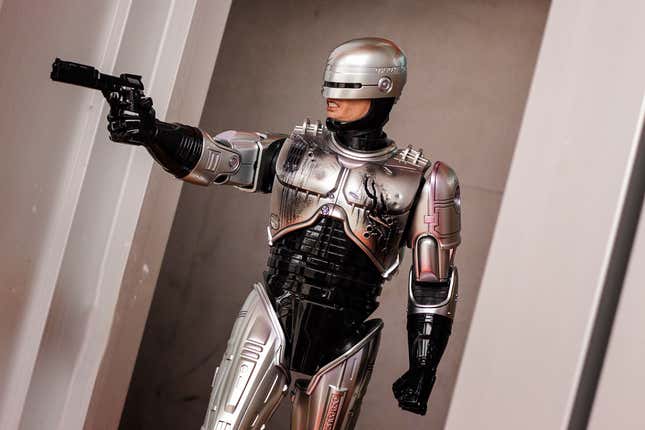There have been speculations circulating this week regarding a bipartisan proposal aiming to prevent AI programs from receiving protection under Section 230, advancing swiftly. The potential implications for the future of AI are linked to this monumental internet legislation, which grants immunity to websites for the content they host. The policy was put forth by Sen. Josh Hawley (R-Mo.), as indicated in a press release from his office, with Richard Blumenthal (D-Conn.) proposing to eliminate “immunity from AI businesses” concerning legal disputes or criminal charges. This development underscores the intricate legal and regulatory challenges surrounding AI.
In essence, Section 230 was established to safeguard online platforms from legal actions arising from third-party content. While individual users of these platforms may be liable for their online postings, the platforms themselves are generally shielded by this law. Recognizing that the internet ecosystem would be severely impacted if search engines and message boards faced constant litigation threats, the legislation was crafted in the 1990s to safeguard the burgeoning online landscape.
Since its enactment in 1996, calls for reforming Section 230 have persisted, prompting debates on whether platforms like ChatGPT should fall under the purview of this historic statute concerning AI applications.
Renowned legal scholar Jonathan Turley has expressed concerns over ChatGPT erroneously attributing a sexual assault claim to him. The prevalence of such risks, including defamation lawsuits, underscores the pressing need for updated standards across all AI development endeavors.
Professor Matt Perault from the University of North Carolina at Chapel Hill contends that Section 230 may not uniformly cover AI enterprises. He argues that unlike traditional platforms such as Google or Facebook, AI companies like OpenAI openly market their products as content generators, potentially excluding them from legal protections.
Distinguishing between platforms eligible for Section 230 protections and those that are not hinges on a fundamental question: Are you merely a host or an active content creator? Perault emphasizes that active involvement in content creation disqualifies entities from Section 230 safeguards. Consequently, generative AI tools, explicitly designed for content creation, may not benefit from these protections.
Samir Jain, Vice President of Legislation at the Center for Democracy and Technology, suggests that accountability for AI outcomes may vary depending on the specific circumstances. He posits that scenarios where AI systems significantly influence content creation could challenge the applicability of Section 230 protections.
While some argue that AI platforms should be excluded from Section 230 safeguards, citing legal precedents, others believe that the existing legal framework adequately covers AI technologies. The debate surrounding the regulation of AI platforms under Section 230 is complex and likely to undergo extensive legal scrutiny before any definitive legislative actions are taken.
What is the most iconic machine in cinematic history, and why does it matter today?

Image by Rozy Ghaly (Shutterstock)
Despite being a classic and somewhat clichéd inquiry, the question remains relevant: which machine in science fiction cinema stands out as the most memorable? When referring to “robots,” the focus is on non-human characters, whether technological constructs or humanoid androids. While familiar names like HAL from 2001: A Space Odyssey, the Terminator, and Roy Batty from Blade Runner are often mentioned, there are numerous lesser-known yet remarkable contenders in this category. Films like the Alien franchise feature standout android characters portrayed by talented actors, while Ex Machina showcases Alicia Vikander’s captivating performance as a sophisticated fembot. Additionally, movies like M3GAN offer a fresh take on the man versus machine narrative. Share your thoughts on this intriguing subject in the comments section.






